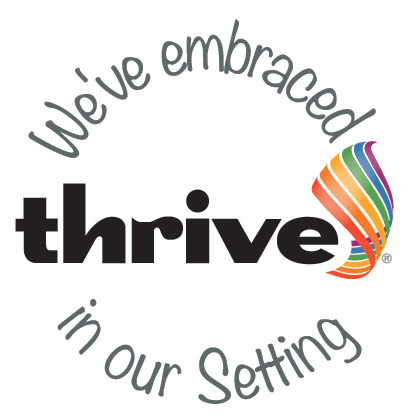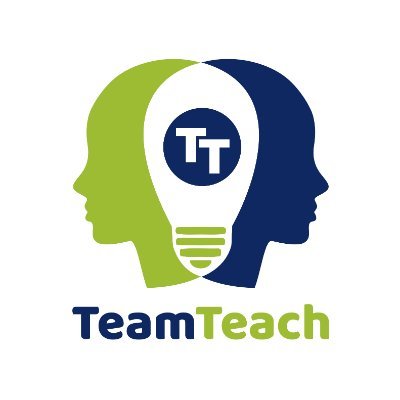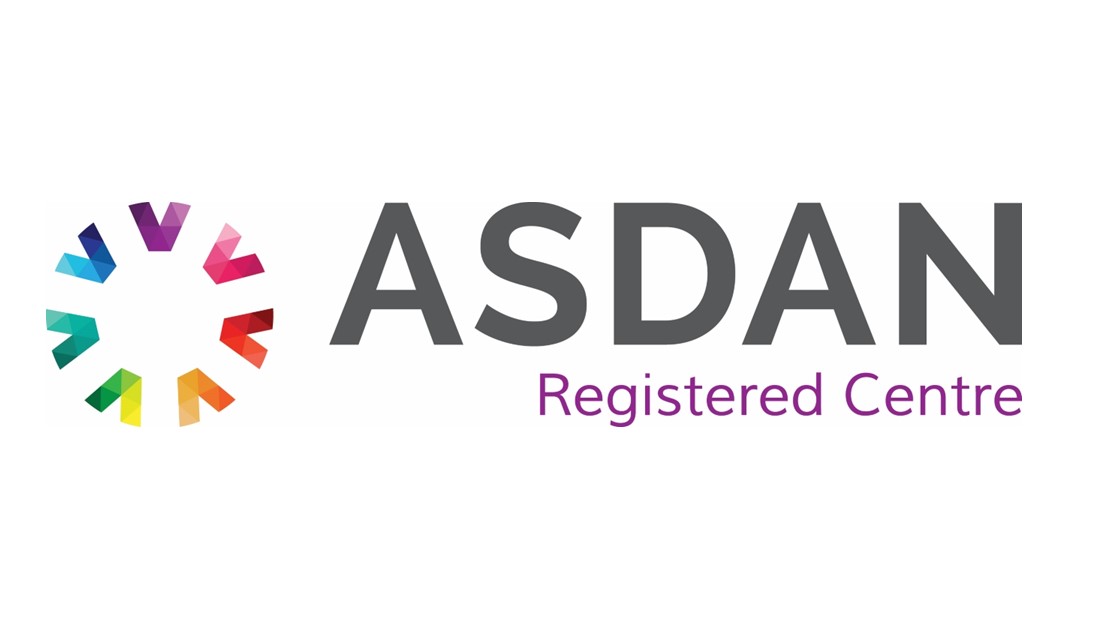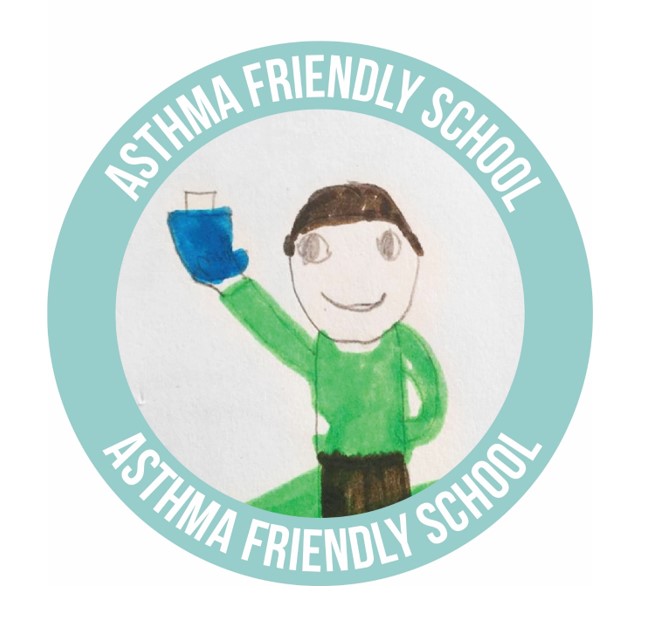The Thrive Approach at Hope High
What is THRIVE?
THRIVE supports children with their emotional health, well-being and social skills, all of which are needed to enable learning to take place. Children cannot always put their needs into words, but the way children behave can tell us a lot about how they are feeling. For some children there may be an obvious reason why they need extra support. This might be due to bereavement, family breakdown or an identified medical need such as ADHD. For others, there may not be any obvious trigger as to why they are finding some aspects of school and/or home life difficult.
How does it work?
The THRIVE Approach draws on the latest research into brain science, child development theory and attachment theory. The THRIVE approach is based on growing evidence that the brain develops through personal and social interaction. The relationships that we have with significant adults is fundamental to who we grow up to be. Our brain is built through trillions of brain-cell connections made by sight, sound, smell, touch and movement. Positive experiences enhance brain connections, and sustained negative experiences can restrict them. Through simple, repeated activities over time, within a safe and caring environment, THRIVE aims to compensate for interruptions in emotional development, when they affect a child’s ability to enjoy life and learn.
Working with parents and class teachers, our THRIVE practitioners carry out assessments of identified children’s social, emotional and behavioural needs which help us to build an Action Plan of targeted strategies and activities to help children re-engage with learning and life.
At Hope High School, Thrive interventions typically focus on fostering social and emotional well-being among students. While the specific programs can vary, here are some potential Thrive interventions that are implemented in our school setting:
- Emotional Support Groups: Facilitated peer support groups where students can share experiences and feelings in a safe environment
- Mindfulness and Relaxation Workshops: Sessions focused on mindfulness techniques, stress management, and relaxation exercises to help students cope with academic and personal pressures.
- Social Skills Development: Programs aimed at enhancing communication, teamwork, and conflict resolution skills through interactive activities and role-playing.
- Mentorship Programs: Pairing students with mentors—whether teachers or older students—to provide guidance, support, and encouragement.
- Resilience Training: Workshops or seminars that teach students how to build resilience, set personal goals, and overcome challenges.
- Parent and Community Involvement: Engaging families through workshops and resources to create a supportive community that reinforces the Thrive principles.
- Individualized Support Plans: Developing tailored interventions for students who may need extra support, focusing on their unique emotional and social needs.
- Regular Check-Ins: Implementing routine check-ins with students to discuss their emotional well-being and address any concerns.
If you would like further information on The THRIVE Approach, please go to: www.thethriveapproach.co.uk













